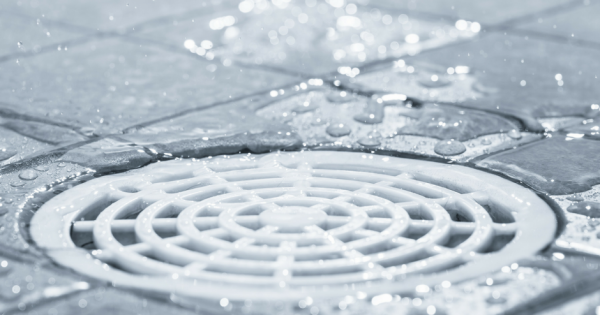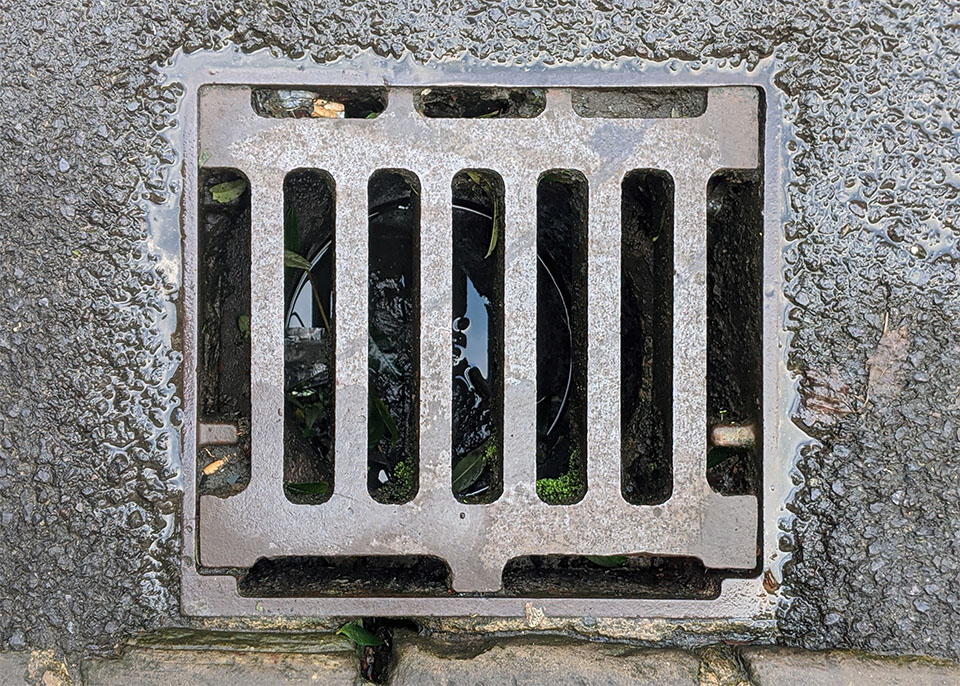Actions to Take for Fixing a Blocked Drain Prior to Contacting Experts
Actions to Take for Fixing a Blocked Drain Prior to Contacting Experts
Blog Article
Were you searching for resources around What I learned from trying to deal with a clogged drain?

Intro
Managing a blocked drainpipe can be a discouraging experience, interfering with everyday activities and possibly causing damage to your building. Nonetheless, before connecting to plumbing experts, there are steps you can require to resolve the concern on your own. In this guide, we'll explore do it yourself remedies and safety nets to deal with an obstructed drainpipe properly.
Determining the Issue
The very first step in resolving an obstructed drain is acknowledging the indicators. Slow-moving water drainage, gurgling sounds, foul odors originating from drains pipes, or water backing up are common indications of a blocked drain. Recognizing these indications early can help protect against better issues.
Common Reasons For Obstructed Drainpipes
Recognizing the variables that contribute to drain pipes obstructions is important for reliable resolution. Common wrongdoers include hair, soap scum, grease, food debris, and international items like hygienic items or paper towels. Tree roots invading underground pipes can additionally create substantial obstructions.
DIY Solutions
For small blockages, several do it yourself services can be efficient. Pouring boiling water down the drain can help liquify oil and particles. Sodium bicarbonate and vinegar or a mixture of salt and cooking soft drink can serve as all-natural cleaners. Using a plunger or plumbing snake to remove blockages is another choice.
Tools and Equipment
Having the right devices accessible can make do it yourself drainpipe cleaning up a lot more efficient. A bettor is a versatile tool for clearing clogs in sinks, bathrooms, and showers. A plumbing serpent or auger can get to much deeper blockages, while drainpipe cleaning chemicals can be made use of cautiously for stubborn clogs.
Safety nets
To prevent future clogs, adopting preventive measures is crucial. Install drainpipe guards or filters to capture hair and debris before they enter the pipelines. On a regular basis flush drains with hot water to liquify oil buildup, and prevent getting rid of oil or solid waste down the drain.
When to Call a Specialist
While DIY options can fix small blockages, specific indicators indicate the requirement for professional support. Relentless clogs, foul odors despite cleansing efforts, or several drains pipes supporting simultaneously are warnings that necessitate professional intervention.
Choosing the Right Plumbing Service
When choosing a pipes solution, take into consideration factors such as experience, licensing, and customer testimonials. Select a reliable plumbing professional with a track record of high quality craftsmanship and transparent rates practices.
Cost Considerations
The price of expert drainpipe cleaning company can vary relying on the intensity of the obstruction and the plumber's rates. Demand quotes from numerous carriers and ask about any kind of surcharges to ensure openness and avoid shocks.
Safety and security Precautions
When attempting do it yourself drainpipe cleaning, focus on security. Use protective gloves and eyeglasses to prevent contact with dangerous chemicals or microorganisms. Never blend various drain cleansing items, as this can generate unsafe fumes.
Situation Researches
Real-life instances illustrate the effectiveness of DIY remedies and the value of timely specialist treatment in resolving drainpipe blockages.
Conclusion
By adhering to the suggestions detailed in this overview, you can effectively tackle blocked drains and protect against future pipes concerns. Whether opting for do it yourself solutions or seeking specialist support, punctual activity is key to preserving a healthy and balanced pipes system and preserving the integrity of your home.
How to Clear a Clogged Drain Yourself (And When to Call In the Professionals)
What Can Clog a Drain
Dirt Skin flakes Hair Grease Soap scum Food Offset pipes Tree roots Small objects Mineral buildup DIY Tricks to Unclog a Drain
You can fix this! Once you have identified the source of the clog (or have a vague idea), you can try one or a combination of these fixes in order to clear your plumbing.
Wire Hanger or Snake
Untangle and clear out hair from a drainpipe with a homemade snake. Use a straightened-out wire hanger with a 90-degree angle hook to locate the clog and drag out any unwanted material.
Remember not to push the clog further down to where the wire hanger cannot reach! If you need to follow up with a plunger, give it a try. Your efforts might be more successful after it’s been wire-snaked.
If you want to get fancy and don’t have a wire hanger to spare, head to the store and pick up a hand-operated drain snake. You can get one for $10-$30. It may save you the hassle, and provide additional length to reach deep into the clogged pipe.
Plunger
A cup plunger has a suction cup attached to a wooden handle. The rubber creates a seal around the drain, and increases the pressure force of the plunger.
Plunge for 30-second increments to loosen the clog. This may need to be repeated over the course of 15-20 minutes. Once plunged, run the water to flush the remaining material out of the drain.
Remember– never use a plunger if you have used a chemical drain cleaner. These chemicals can splash up from the force of the plunger and cause serious injury or burns.
Boiling Water
Hot water can sometimes break up materials into a flushable amount. Dirt, grease, and soap buildup requires heat in order to unstick from surfaces.
Take your kitchen kettle and heat your water to a boil. Once it reaches a rolling boil, pour it directly down the drain into the blockage. Carefully follow with plunging, if necessary.
Don’t worry if this takes more than one try! It can often take multiple kettles and repeated plunging in order to clear a particularly stubborn clog.
Chemical Drain Cleaner
As a last resort, pick up a bottle of chemical drain cleaner. Drain-cleaning chemicals are potent, and not very good for the environment.
You may need to wear protective eyewear in gloves before handling your bottle of chemical drain cleaner. Follow the instructions printed on the bottle, and flush with water as soon as the instructions allow. Do not follow with plunging.
Baking Soda and Vinegar
As a safer alternative to chemical drain cleaner, baking soda and vinegar can create a chemical reaction that clears tough clogs.
Combine one cup of cleaning vinegar with one cup of boiling water, and set aside. Once you have done this, pour half a cup of baking soda down the drain. Give the baking thirty seconds to settle and cover a large portion of the problem drain.
Following the baking soda, pour down your vinegar and hot water solution. Once the vinegar and baking soda combine, the mixture will bubble and fix. Let this reaction fizzle in the drain for about an hour.
After an hour, follow with a kettle’s worth of hot water. The heat and liquid should flush out any remaining material.
When to Call a Plumber
If your DIY attempts haven’t cleared your clog drain, it’s time to call in a professional. It’s not worth losing access to your kitchen sink or high-traffic bathroom. A clog in a vital area can keep you from the things you’d rather be doing, and derail your routine.
Anytime a clog is causing water to spread is a time to call in a plumbing service. What starts out as a little bit of water can quickly grow into serious, expensive water damage.
Additionally, a serious clog can result in burst pipes or serious leaks. Make sure you know when to take it seriously!
https://myguysnow.com/how-to-clear-a-clogged-drain-yourself-and-when-to-call-in-the-professionals/

We were shown that article about What I learned from trying to deal with a clogged drain through an acquaintance on a different web address. Are you aware of somebody who is inquisitive about the niche? Why not share it. Thanks so much for taking the time to read it.
Call Us Today Report this page